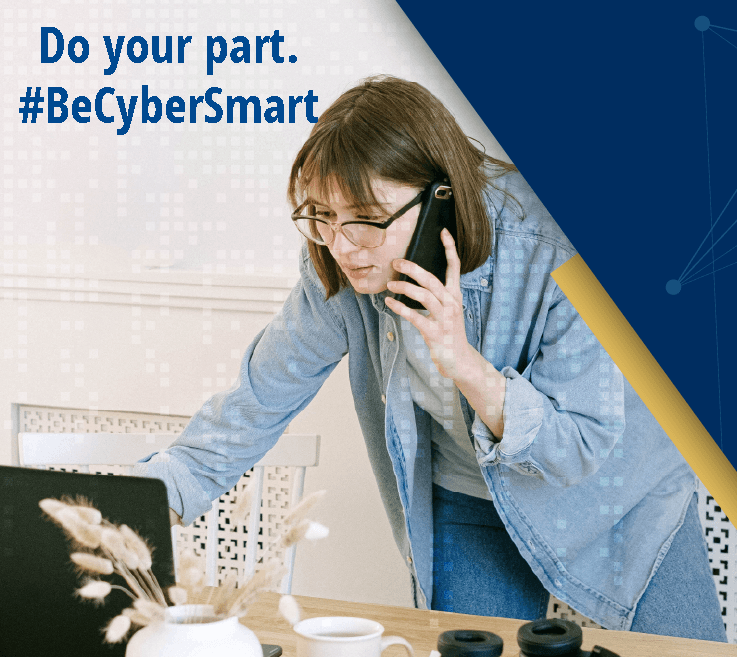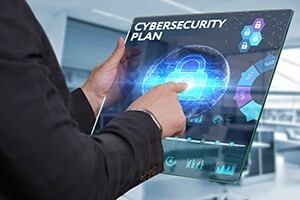Employee Cybersecurity Training - What's the Big Deal?
You've heard of the dangers - phishing, malware, ransomware, spam, hacking, social engineering. What if there was a way to protect your business from...

October is National Cybersecurity Awareness Month, and all month long, we are going to provide tips to stay safe online. This week we focus on cybersecurity at work, and best practices that all employees should consider to keep their company information safe. With all of our National Cybersecurity Awareness posts, we are including great tip sheets from the Cybersecurity and Infrastructure Security Agency (CISA) on the week's topic. Check out CISA's tips on Cybersecurity at Work!
Whether you are a large enterprise or a small business, cybersecurity will always be a concern. You can have a team of IT professionals and the best security software in the world, but employees' actions can also have a big role in keeping your data safe. Just one employee mistakenly sharing sensitive company information by clicking on a malicious link could be the beginning of a crippling data breach. By implementing these best practices for your employees, you can work to keep your company data protected.

These are just a few tips that all employees can implement and follow to keep company data safe. It is everyone's job to be vigilant against cybersecurity incidents. Just one wrong click on a malicious email or one connection on public wi-fi can leave your company vulnerable to a breach. Employees are required to maintain safe online behavior on both work and personal devices. If you're unsure about a policy, please reach out to your IT department or managed IT provider.
Fraser offers a range of cybersecurity services to help businesses navigate the complex cybersecurity landscape. From VPNs, password policies, patch updates and cybersecurity training, we can help you protect your data and your business. Wondering how safe your business is? Get a free cybersecurity assessment today!

You've heard of the dangers - phishing, malware, ransomware, spam, hacking, social engineering. What if there was a way to protect your business from...

Technology has come a long way. While we streamlined business processes to stay connected to clients in many ways, that technology comes with a...

As we ring in a new year, many will begin the annual tradition of making New Year's resolutions. Whether it's losing weight, quitting bad habits or...